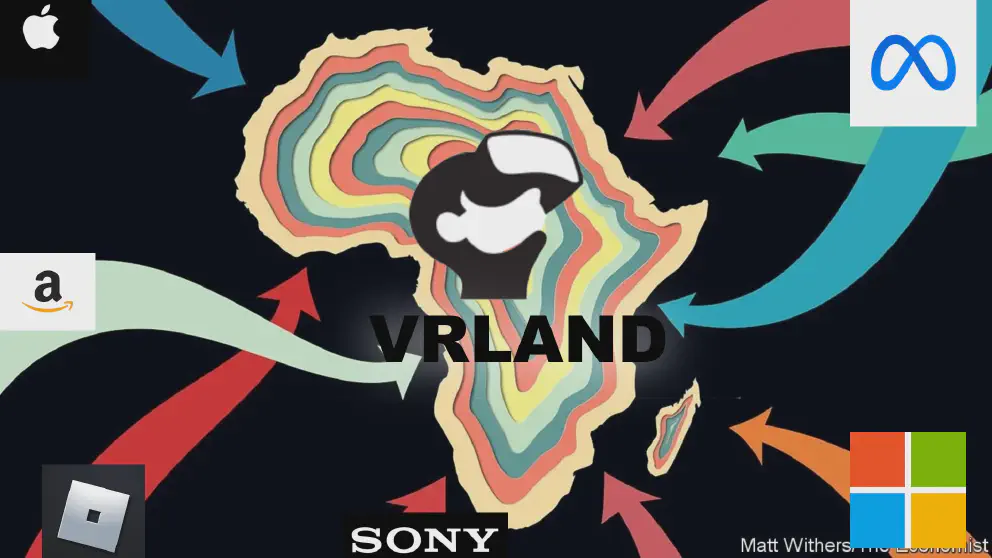Virtual Reality, the new frontier, according to people in Silicon Valley. So high the importance of Virtual Reality (VR), that Facebook, the largest social media company in history decided to rename their company to Meta, and pivot the entire company to their new VR world, called the Metaverse. Mark Zuckernberg, the founder and CEO of Meta, splend a good one hour explaining the pivot and the implementation details on their new major product, the Metaverse.
And while Facebook / Meta might be in the news for being the biggest mover to VR land, other companies and new startups are going the way of the VR, most are doing it quietly but there are some big waves being done. Now, the real question is, will 2022 be the year of the VR and why are all the companies jumping on the VR bandwagon?
Motivations

The real motivation to do VR is simple: money. There is simply money to be made in VR and companies are jumping to make some. We are at the critical moment where the internet is fast enough, average computing is powerful enough, people generally are receptive enough to be in a social network to have a global VR environment and people are rich enough in spending large amounts of money on some virtual goodies.

And the possibility is mind blowing. With having around 2.98 billion active users on their network, Facebook is generating around $85 billion. With VR, there is a possibility to have your own country or even your own planet with your own economy. Something Apple has shown, that if you own the platform, you can basically make money from the platform by taking a cut from every transaction that it makes. With VR, you can basically build a country where it’s citizens interact with each other and you can take a cut in each transaction. For example, say Netflix build a theater where people can come and watch the movie in virtual and people pay to see an exclusive movie. Companies that own the platform can essentially take a cut from the transaction. And now we have things like NFT which makes people buy a picture of rock for $1.3 million, imagine taking a cut from that transaction. There is a possibility of having a trillion dollar revenue company.
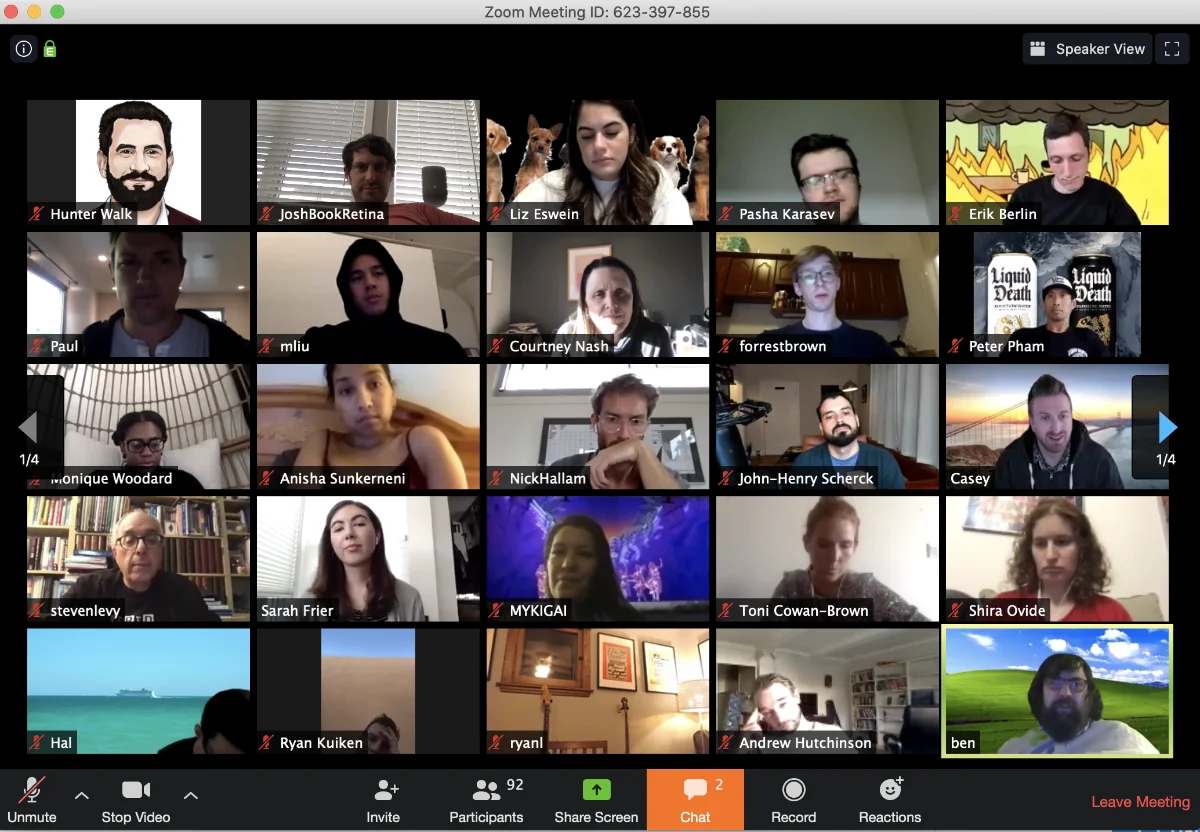
The other thing is that the virtual universe has existed in some form or another since the dawn of the internet. First it was the user groups, then the bulletin boards, then exploded into the first version of social networks like Friendster or MySpace, then came Facebook and later massive gaming platforms like Battle Royale or PUBG or Fortnite. One of the largest gaming platforms around, PUBG, which has around 1 billion players, made around $709 million in the first quarter of 2021. A fully integrated VR world is taking it to the next level by basically incorporating your entire life into their world.
Current (late 2021 efforts so far)

The most visible and loudest proponent in the VR world, Facebook changed their name and pivoted the entire company to create their own VR world. They changed their company from Facebook to Meta and called their creation the Metaverse. In their introduction video, their idea is for you to do everything in real life, in the Metaverse: having meetings, meeting friends, doing sports and other things. Basically, their future that they imagine is the ‘Ready Player One’ type of reality, which in the book and the movie itself, is a bit bleak for people who are not at the top.
The Metaverse was years in the making and its public moves started around when Meta (then Facebook) acquired Oculus, a startup which has John Carmack (of iD software fame) as their Chief Technology Officer. Today Oculus is one of the largest makers of VR headset with a market share over 50% as of 2021.
Mark Zuckernberg spends one hour explaining his great pivot from social network to immersive VR.A device to detect hand movements in VR developed by Meta
Microsoft

Microsoft has dabbled in the VR world since 2017 with the acquisition of AltSpaceVR, a VR based social media platform which started in 2015. Other Microsoft efforts include Microsoft Mesh, which allows you to have virtual meetings in the VR world or Augmented Reality (AR) instead of being face to face.
Apple
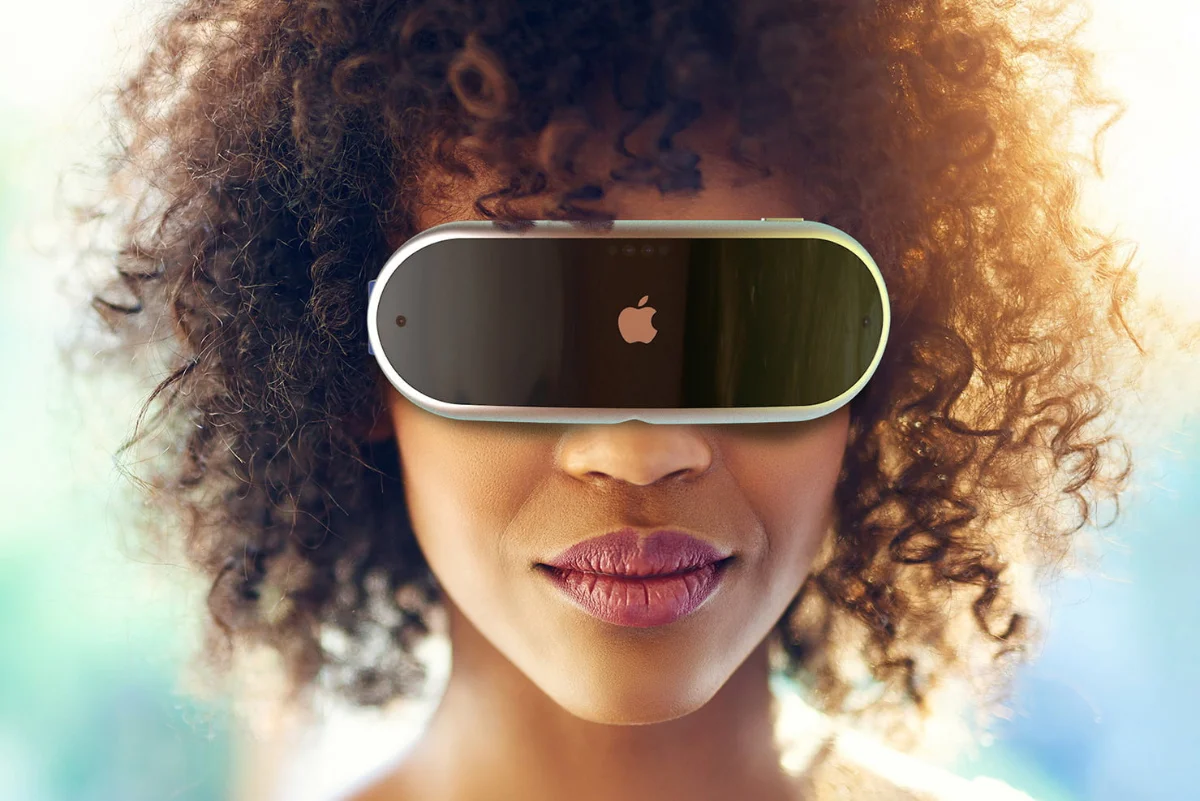
Tim Cook, the CEO of Apple, has been famously known for praising Augmented Reality. He once said that AR is one of the most profound technologies available. So far, AR technology is only being seeping through Apple products, but they have not been the main feature. The measure tool, for example, uses a camera and LiDar to measure objects and detect their depth. With that information, they lay out the object measurements on screen at the object itself. Computational photography like in portrait mode uses time of flight info gathered by their cameras and LIDAR to create an accurate depth map of their surroundings. Such information is vital for building AR technology. Apple macOS has VR support if your Mac can handle the power.
So far, Apple has not released an AR focused product. However, there’s a lot of rumors flying around that Apple’s next major product will be a VR / AR headset. Once in a while, there are leaks about what the product will look like, for example, it will have two processors, one for each eye. Each screen will be a 4K Micro LED display, it will have sensors to track your hand gestures and external cameras so it can interlace the display to what you are seeing, aka Iron Man style.
Sony
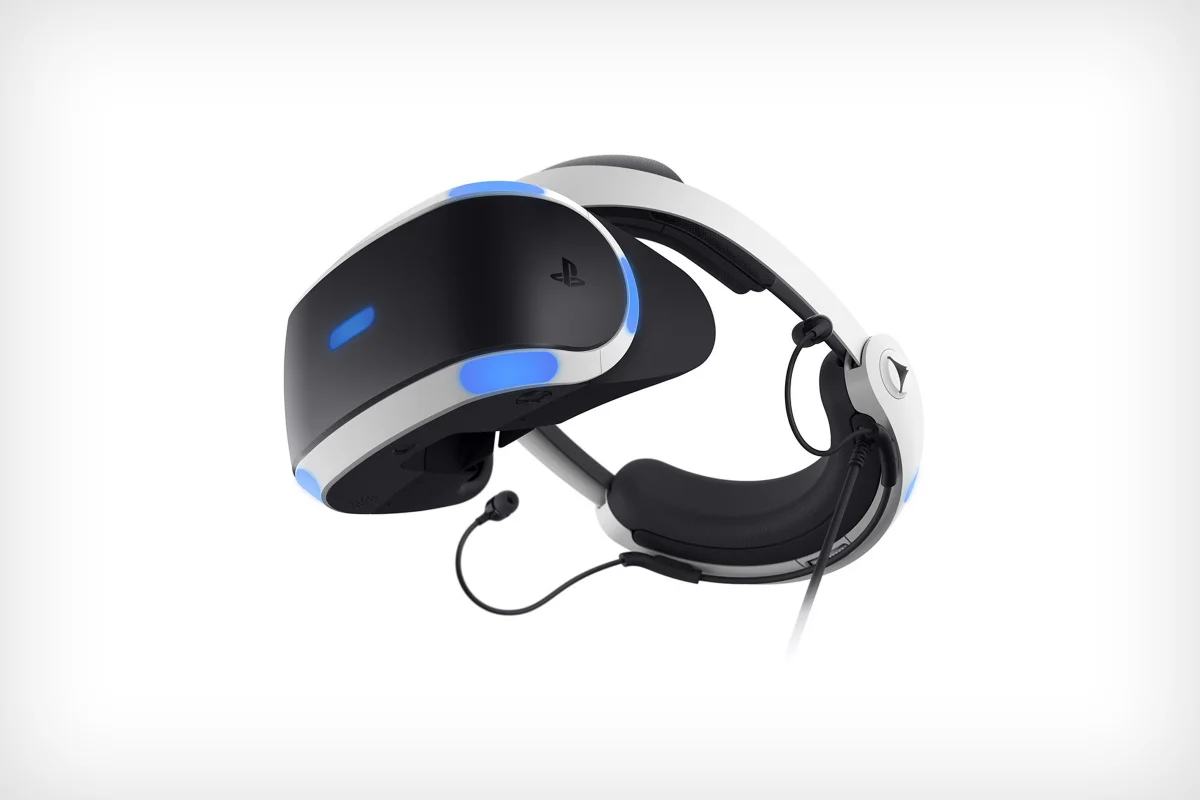
Other than Oculus, Sony is a big proponent of VR with their Playstation VR which was introduced since the Playstation 4. There are a number of games that are in VR mode. Other than being a niche market, there has not been a bigger push from Sony to make a VR social network world like what Meta is doing. However, with their 42 million user base, and the coming of Meta, things might change in the near future.
Roblox
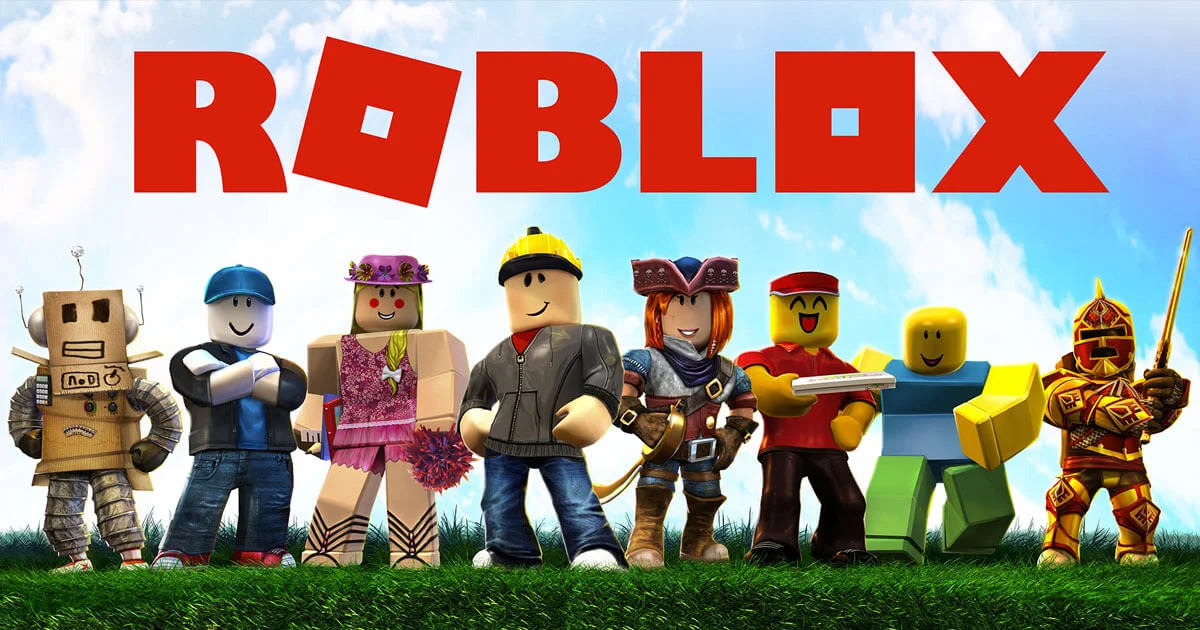
If there is a successful virtual world where people in the virtual world dress up, play games together and sometimes involve themselves in brand marketing, Roblox would be it. Roblox which launched in 2006 introduced VR capabilities in 2016. Despite that, most of the games are played using mobile phones or tablets. However, if VR takes off, this could be one of the platforms to benefit from such a move.
With 150 million users, $500 million in earnings every quarter and a valuation of $67 billion, Roblox is one of the most successful virtual world companies in the world. With other businesses joining the world with their marketing (and their virtual products), the Roblox world is set to expand even further.
Conclusion
So in 2022, for better or worse, we can expect a big push by major companies to join their VR la la land. There will be headsets. There will be VR worlds. And basically, there will be the wild west of the pioneering days where everything goes until a clear winner that will rule the market and lay down law and order. In the short term, the goal is to get the most people on their platform and ultimately, get businesses and users to conduct transactions on your platform, which you will get a cut.
Only time will tell if this VR world takes off, after all, this is not the first time that people have tried to make VR work on a large scale. After all, the idea of VR came from the 1950s, long before there were personal computers in every home. Whether this is the right moment for VR la la land will come the new reality, time will tell.
Plug
Support this free website by visiting my Amazon affiliate links. Any purchase you make will give me a cut without any extra cost to you
- iPhone 13 Mini - Amazon USA / Amazon UK
- iPhone 13 - Amazon USA / Amazon UK
- iPhone 13 Pro - Amazon USA / Amazon UK
- iPhone 13 Pro Max - Amazon USA / Amazon UK
- iPhone SE - Amazon USA / Amazon UK
- iPad Mini - Amazon USA / Amazon UK
- iPad - Amazon USA / Amazon UK
- iPad Air - Amazon USA / Amazon UK
- iPad Pro - Amazon USA / Amazon UK
- Accessories:-
- AirPods - Amazon USA / Amazon UK
- AirPods Pro - Amazon USA / Amazon UK
- AirPods Max - Amazon USA / Amazon UK
- MagSafe Cable - Amazon USA / Amazon UK
- 20W Charger - Amazon USA / Amazon UK
- MagSafe Case - Amazon USA / Amazon UK
